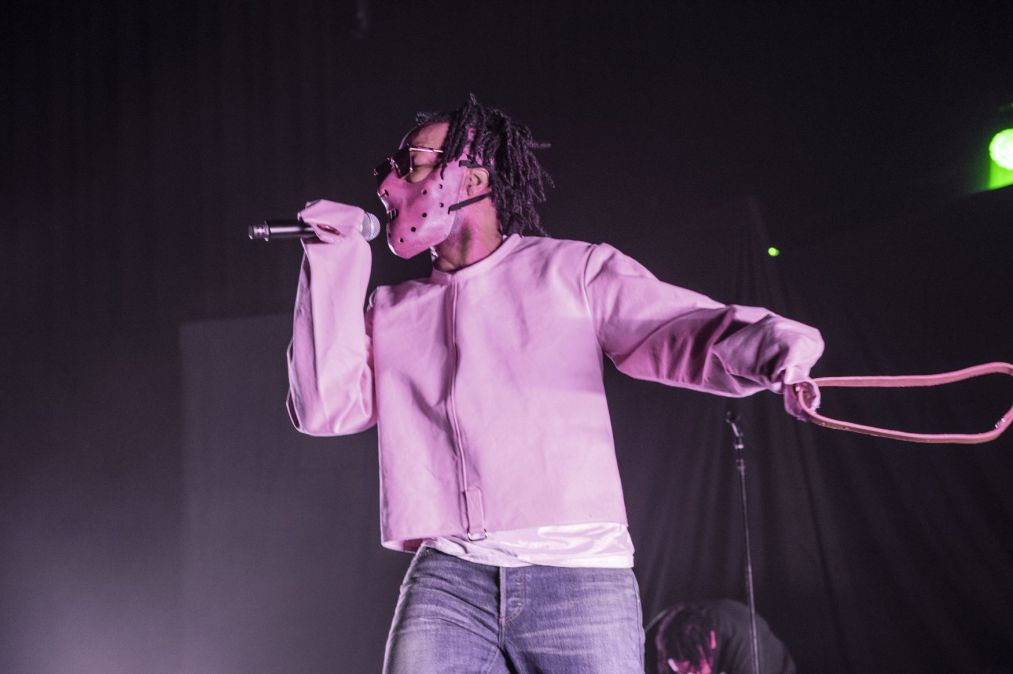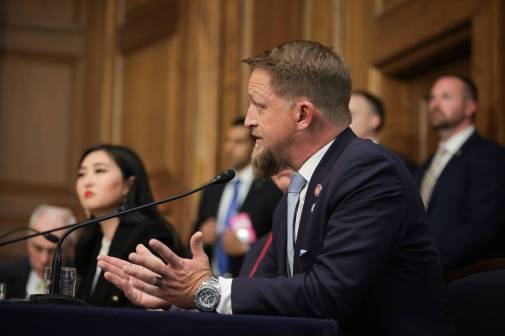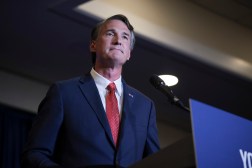New Tennessee legislation would protect musicians from AI voice clones

Tennessee Gov. Bill Lee unveiled a new bill on Wednesday that would extend protections for songwriters, performers and music industry professionals from misuses of artificial intelligence.
The Ensuring Likeness Voice and Image Security, or ELVIS, Act is the first legislation of its kind in the United States, according to a press release from Lee’s office. The new bills — introduced by state Sen. Jack Johnson and state Rep. William Lamberth — aims to protect the state’s music industry professionals from generative AI cloning models that enable unauthorized fake works to be created in the image and voice of others.
“From Beale Street to Broadway, to Bristol and beyond, Tennessee is known for our rich artistic heritage that tells the story of our great state,” Lee said in the release. “As the technology landscape evolves with artificial intelligence, we’re proud to lead the nation in proposing legal protection for our best-in-class artists and songwriters.”
The main change the ELVIS Act would make to Tennessee’s existing law, called the Personal Rights Protection Act, is the addition of “voice” as a protected medium. It already protects “name, photograph or likeness.”
According to the release, the music industry in Tennessee supports more than 60,000 jobs in the state and is responsible for contributing $5.8 billion to the U.S.’s gross domestic product.
“The emergence of generative artificial intelligence resulted in fake recordings that are not authorized by the artist and is wrong, period,” read a statement from the Nashville Songwriters Association International.
The association also expressed its gratitude to Lee and the bill’s sponsors for introducing the legislation, which it says makes “it crystal clear that unauthorized AI-generated fake recordings are subject to legal action.”






